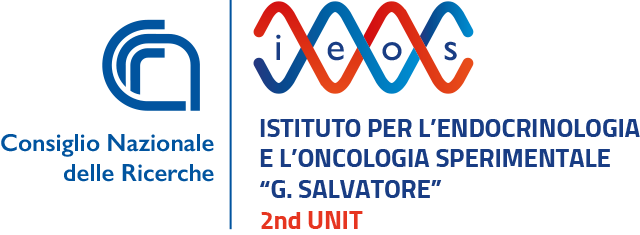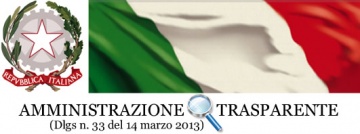Drug repurposing as novel therapeutic approach in cancer treatment: from bench to bed-side.
Alfredo Budillon, Istituto Nazionale Tumori-IRCCS- Fondazione G. Pascale
Abstract Despite all the recent advances in cancer therapies, several solid tumors patients have poor prognosis, particularly in advanced settings. In this regard, repurposing non-oncology already-approved drugs, might be an attractive strategy to offer more-effective treatment options easily translatable in early clinical trials. At same time, considering the elevated costs estimated for new oncology drugs, not affordable by National Health system (SSN), mechanistic based repurposing in cancer treatment of cheap and safe non-anticancer drugs already in clinical practice, represents an attractive strategy with a relevant impact on SSN. Accumulating evidence suggests that epigenetic deregulation is a hallmark of cancer and has a major contribution to disease development, progression as well as resistance to antitumor treatment in several solid tumors including pancreatic cancer. Histone deacetylase inhibitors (HDACi) are one of the most prominent classes of epigenetic drugs that we have been investigating as anticancer agents for a long time, both preclinically and clinically. A large number of HDACi are currently in clinical development as anticancer agents. Valproic acid (VPA) is a generic low-cost anticonvulsant and mood stabilizer in the treatment of maniac depression (bipolar affective disorder) being used for over 50 years. VPA has HDAC inhibitory and due to its safe use as a chronic therapy for epileptic disorders, it may be a good candidate drug to be combined in novel anticancer regimens. We are currently exploring VPA in combination with conventional antitumor regimens, molecular targeted drugs and/or other repurposed drugs, in different solid tumors, overall confirming that this approach is feasible and safe. We recently joined REMEDi4ALL, an EU-funded research initiative to drive forward the repurposing of medicines in Europe, and are exploring our research hypothesis under this umbrella. The REMEDi4ALL platform has the potential to bring down times and costs of drug development by focusing on already approved, discontinued, shelved or investigational therapeutics. Under the leadership of EATRIS, the European infrastructure for translational medicine, 24 organisations in the fields, including IRCCS G. Pascale of Naples, Italy, of clinical and translational research, clinical operations, patient engagement and education, regulatory framework, funding, governance, Health Technology Assessment (HTA) and pricing and reimbursement will closely collaborate to make drug repurposing mainstream.
Biography
Dr. Alfredo Budillon, Medical Oncologist and Researcher, gained experience in biochemistry and antitumor experimental therapeutics as visiting fellow at National Cancer Institute, Bethesda, USA where he published several papers on the molecular targeting of altered cAMP-dependent protein kinase in cancer models. Dr. Budillon joined Istituto G. Pascale in Napoli, Italy, in 1996 where he is currently the Scientific Director. He has been Director of Experimental Pharmacology Unit being in charge of the NMR Metabolomics Facility, the high-throughput and high-content screening facility and the Animal Facility at Oncology Research Center of Mercogliano (CROM) of IRCCS Pascale. Most of Dr. Budillon publications of are on the molecular mechanisms of novel anticancer drugs, particularly epigenetic and repositioned drugs, and combined approaches with conventional drugs. Some of these findings were translated into clinical trials in solid cancer patients. Recently he focused his research on targeting metabolic reprogramming in cancer cells, particularly in cancer stem cell compartment. Other scientific interests are related with System Biology approach and identification/validation of circulating prognostic/predictive biomarkers in liquid biopsies, bioinformatics and molecular modeling. Dr. Budillon is currently Adjunct Professor at Temple University’s College of Science and Technology, Department of Biology, Philadelphia, PA, USA.



